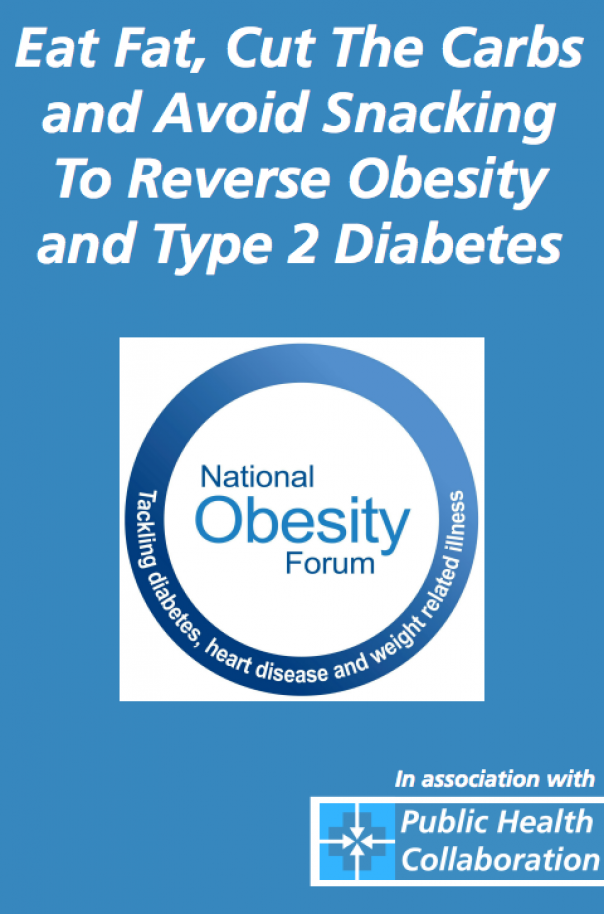New report contradicts and criticises Public Health England guidance

A new report from the National Obesity Forum in association with the Public Health Collaboration has called for an urgent overhaul in current dietary guidelines, which are blamed for driving the epidemics of obesity and type 2 diabetes.
Among the main findings from the report is the claim that eating fat does not make you fat and the recommendation to limit starchy and refined carbohydrates to prevent and reverse type 2 diabetes.
Dr Aseem Malhotra, senior advisor to the National Obesity Forum, said: “The current EatWell guide from Public Health England is in my view more like a metabolic time bomb than a dietary pattern conducive for good health.
“We must urgently change the message to the public to reverse obesity and type 2 diabetes. Eat fat to get slim, don’t fear fat, fat is your friend. It’s now truly time to bring back the fat.”
The criticisms come after Public Health England (PHE) launched its new EatWell Guide in March, which made revisions to proportions of food groups placing a greater emphasis on fruit, vegetables and starchy carbohydrates.
Dr Alison Tedstone, chief nutritionist at PHE, said: “In the face of all the evidence, calling for people to eat more fat, cut out carbs and ignore calories is irresponsible.
“Unlike this opinion piece, our independent experts review all the available evidence - often thousands of scientific papers - run full-scale consultations and go to great lengths to ensure no bias.
“International health organisations agree that too much saturated fat raises cholesterol, increasing the risk of heart disease and obesity is caused by consistently consuming too many calories.”
To read the full report, click here.
The Children's Food Trust has also stated in response to the report that children need to grow up with an understanding of the need for variety in their diet.
CFT head of nutrition, Dr Patricia Mucavele OBE, said:“It is neither evidence-based nor appropriate – given the world we live in – to suggest cutting out entire food groups.
"But there’s a clear place for better information on what makes a healthy portion size for children at different ages, to help parents at the supermarket, in restaurants, and when they’re cooking for children at home.
"We look forward to progress on this to support the government’s wider work to reduce child obesity.”
